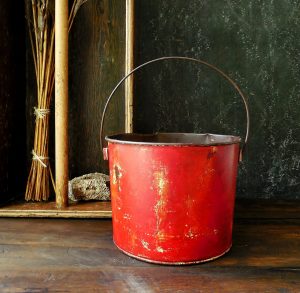 I just recently discovered A Year of Being Here, a wonderful website of “daily mindfulness poetry by wordsmiths of the here & now.” As good projects are wont to do, “a year” became three. While it concluded in January 2016, the wonderful collection of poems can still be found at the website.
I just recently discovered A Year of Being Here, a wonderful website of “daily mindfulness poetry by wordsmiths of the here & now.” As good projects are wont to do, “a year” became three. While it concluded in January 2016, the wonderful collection of poems can still be found at the website.
Phyllis Cole-Dai, the founder and project curator (what a job that was!) graciously gave me permission to reprint her introduction to the site: “on mindfulness poetry” and her poem “On How to Pick and Eat Poems.” You can listen to Phyllis read her poem here.
The poem brings home the luscious, earthy, sensual aspects of poetry. Read it, then go pick your own poem, bite into it, and let it stream down your cheeks.
“on mindfulness poetry”
Mindfulness practice, of whatever sort, calls us home to where we are, and helps us abide there. It helps us pay attention. It helps us inhabit our lives instead of just going through the motions.
One of the best tools in mindfulness practice today, as it has been for millennia, is poetry. Why? Because the very act of reading a poem cultivates mindfulness. To fully experience any poem, we must stop whatever else we’re doing and give it our full and gracious attention, start to finish, just as the poet did when writing it.
“This moment is real, this moment is what we have, this moment in which we face each other,” the American poet Muriel Rukeyser once declared, “and if a poem is any damn good at all, it invites you to bring your whole life to that moment, and we are good poets inasmuch as we bring that invitation to you, and you are good readers inasmuch as you bring your whole life to the reading of the poem.”
If all good poetry deepens our engagement with “this moment we have,” as Rukeyser believed, certain poems do so in especially memorable fashion, because their makers have brought to their topics not only exceptional craft but extraordinary awareness. Whether these poems demonstrate what mindfulness is, or recount an experience of it, or offer advice on how to practice it, all of them show us how to be more present in the living of our lives. They are exquisite lessons in being here.
On How to Pick and Eat Poems
—Phyllis Cole-Dai
Stop whatever it is you’re doing.
Come down from the attic.
Grab a bucket or a basket and head for light.
That’s where the best poems grow, and in the dappled dark.
Go slow. Watch out for thorns and bears.
When you find a good bush, bow to it, or take off your shoes.
Then pluck. This poem. That poem. Any poem.
It should come off the stem easy, just a little tickle.
No need to sniff first, judge the color, test the firmness.
You’ll only know it’s ripe if you taste.
So put a poem upon your lips. Chew its pulp.
Let its juice spill over your tongue.
Let your reading of it teach you
what sort of creature you are
and the nature of the ground you walk upon.
Bring your whole life out loud to this one poem.
Eating one poem can save you, if you’re hungry enough.
When birds and deer beat you to your favorite patch,
smile at their familiar appetite, and ramble on.
Somewhere another crop waits for harvest.
And if your eye should ever light upon a cluster of poems
hanging on a single stem, cup your hand around them
and pull, without greed or clinging.
Some will slip off in your palm.
None will go to waste.
Take those you adore poem-picking when you can,
even to the wild and hidden places.
Reach into brambles for their sake,
stain your skin some shade of red or blue,
mash words against your teeth, for love.
And always leave some poems within easy reach
for the next picker, in kinship with the unknown.
If you ever carry away more than you need,
go on home to your kitchen, and make good jam.
No need to rush, the poems will keep.
Some will even taste better with age,
a rich batch of preserves.
Store up jars and jars of jam. Plenty for friends.
Plenty for the long, howling winter. Plenty for strangers.
Plenty for all the bread in this broken world.
“On How to Pick and Eat Poems” by Phyllis Cole-Dai. © Phyllis Cole-Dai. Offered in profound gratitude to the community of A Year of Being Here. Listen to Phyllis read her poem here.
Art credit: “Berry Red Vintage Berry Bucket,” photograph by FoxberryHill.
Phyllis Cole-Dai
 Whenever someone asks her profession, Phyllis is never certain what to say. Depending on the moment, she’s an author, editor, composer, songwriter, musician, public speaker, activist…. Phyllis unites her deep love of writing and composing with a passion for humanitarian service. Her creative work is inspired by a profound desire to help create a less violent and more just and equitable world for this and future generations.
Whenever someone asks her profession, Phyllis is never certain what to say. Depending on the moment, she’s an author, editor, composer, songwriter, musician, public speaker, activist…. Phyllis unites her deep love of writing and composing with a passion for humanitarian service. Her creative work is inspired by a profound desire to help create a less violent and more just and equitable world for this and future generations.
Along with a smattering of short fiction and poetry, Phyllis has authored or edited six nonfiction books, the most recent being The Book of the World: A Contemporary Scripture (2008). She is probably best known as the co-author of The Emptiness of Our Hands: A Lent Lived on the Streets (Authorhouse, 2004). Beginning in 2002, Phyllis began composing music. Her first work was Beautiful Is the Moon (2003), a children’s album done in collaboration with friends. Subsequently she composed solo piano music, recording the albums Friends (2006) and Child of All Earth (2007). She also released one holiday album, ‘Tis a Gift: Christmas by Guitar (2009). Phyllis has been very active in various humanitarian organizations and efforts over the years, among them: Fast for the Earth, Stand for Peace, the Brookings Reconciliation Council, No KXL Dakota, Brookings Backpack Project, Empty Bowls, Committee for the Common Good, Brookings Interfaith Council, and the Common Good Film Series. In 2013 the city of Brookings, South Dakota, recognized Phyllis for her humanitarian work, awarding her the 14th annual Dorothy and Eugene Butler Human Rights Award.
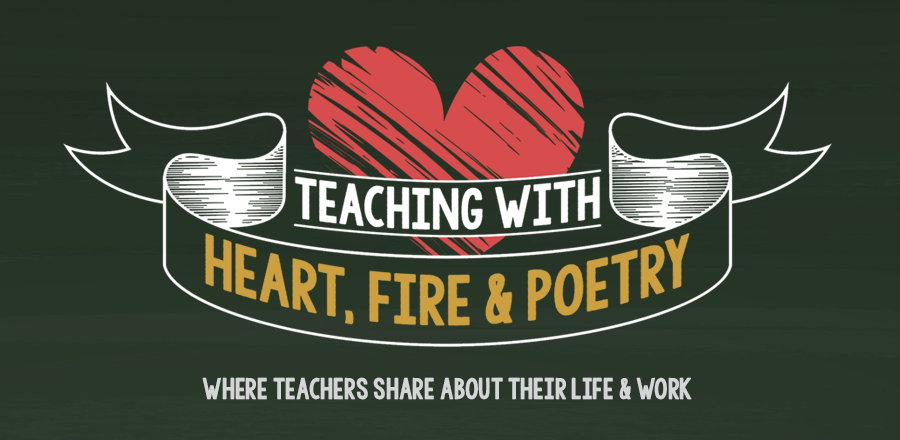
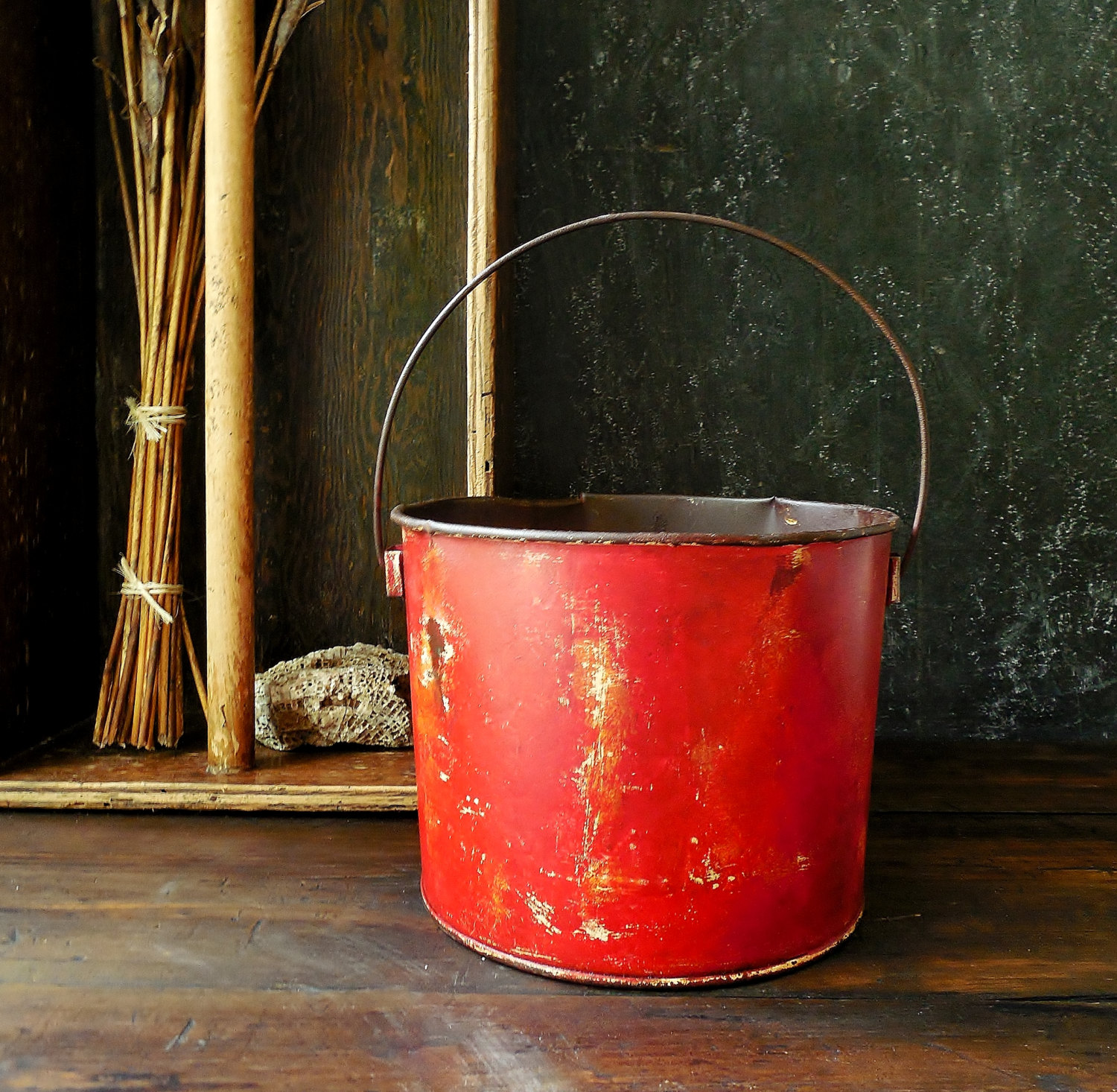
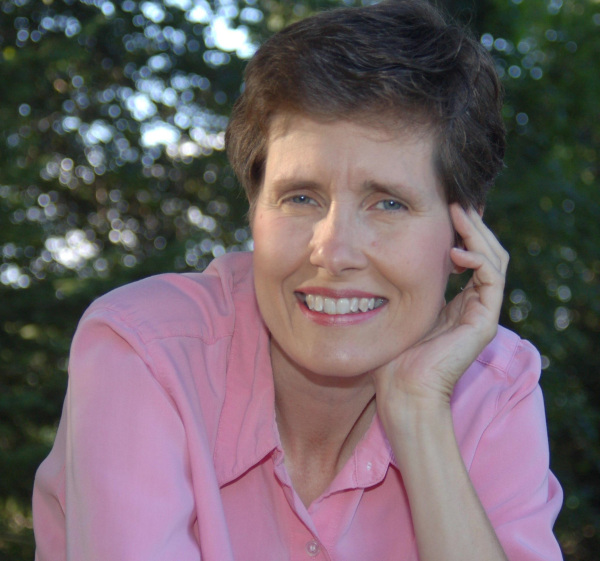
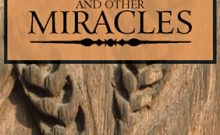
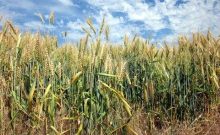
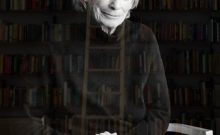


Leave a Comment